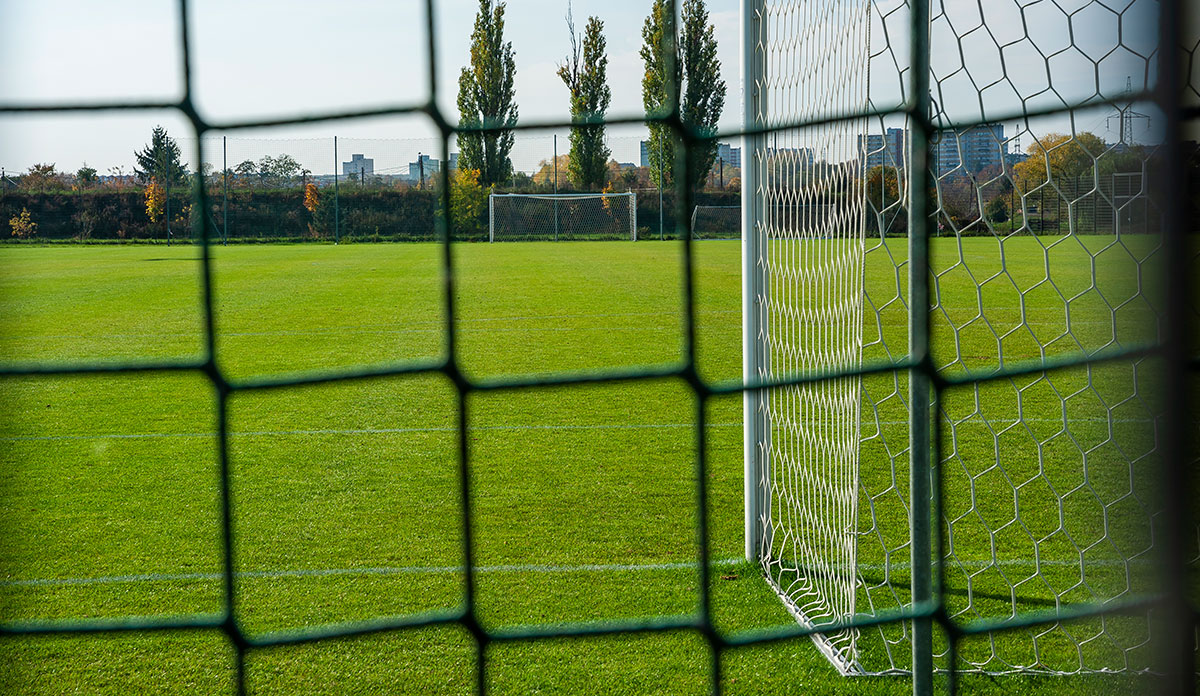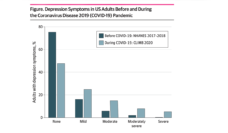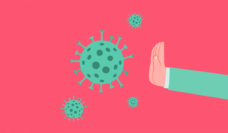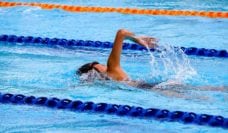Kobe Bryant didn’t miss basketball. In his retirement, the late NBA legend explained in a 2017 interview, “No, I don’t. It’s crazy. Everything I’ve learned from the game, I carry with me to this day. The game has never truly left me.”
With COVID-19-related sports cancellations, many athletes feel like their sport has left them. Student athletes have been hit especially hard. On March 12, 2020, the National Collegiate Athletic Association (NCAA) abruptly discontinued all winter and spring sports due to social distancing guidelines. Since the cancellation, several programs have attempted to return to play, with varying results. COVID outbreaks have forced certain sports to halt and play again and again. For some student athletes, their game will never return. Several collegiate sports programs were cut as the pandemic depleted institutional budgets.
Student athletes are at greater risk than other college students for depression, anxiety, and eating disorders. They are also are less likely to seek help. Unfortunately, mental health screening for student athletes differs from school to school. As of 2017, fewer than half of collegiate sports programs had a written plan for addressing mental health problems in their athletes.
Athletic identity, how strongly a person identifies as an athlete, is a critical factor in preserving the mental health of student athletes. If you ask a person who they are, many would respond “mother” or “artist”. Since they first learned to kick a ball or stick the landing, those in college sports have responded “athlete.” Without competition, athletic identity is threatened. Athletes who experience sudden loss of sport, due to injury or other circumstances, tend to dissociate from their athletic identity. This dissolution can increase their risk for depression.
Graupensperger et al. surveyed 234 student athletes from both men’s and women’s sports before and after the suspension of college athletics due to COVID-19. The researchers were interested in measuring changes in depressive symptoms and athletes’ feelings towards their athletic identity following the cancellation of collegiate sports in March 2020. The researchers also wanted to see if student athlete well-being was moderated by their greatest support system: the team. The surveys asked questions about how close athletes felt to their teammates, their overall well-being, symptoms of depression, and their athletic identity.
Following sports cancellations, student athletes reported depressive symptoms at or above the normal value for college students. Overall well-being of student athletes was largely determined by athletic identity. In the absence of sports, results indicated that some student athletes felt a stronger connection to their athletic identity, while others felt like they were losing their identity.
In the absence of sports, results indicated that some student athletes felt a stronger connection to their athletic identity, while others felt like they were losing their identity.
Student athletes who experienced loss of athletic identity had lower psychological well-being. However, those who had greater social support from teammates were able to maintain or feel stronger towards their identity as an athlete, which was associated with better well-being and decreased symptoms of depression.
The timing of a permanent return to college sports remains unknown. Along with access to mental health resources, student athletes need to stay connected with teammates to help them cope during this time. At the same time, these findings also encourage an understanding for student athletes; that being an athlete is not their only identity.
“Kobe Bryant” will forever be synonymous with “athlete.” But outside his legacy in sports, his perspective offers guidance to athletes struggling with identity loss, perhaps their greatest opponent. “It’s very hard to let go of something that you’ve done for half your life. But it’s a difference between doing what you do versus understanding that that is not who you are.”
Photo via Getty Images














